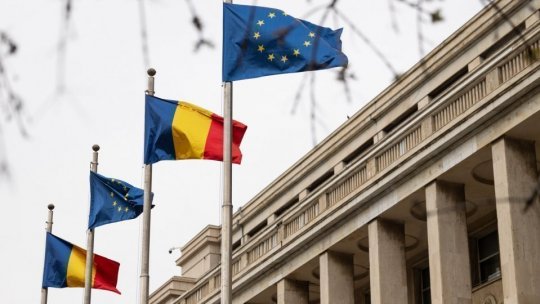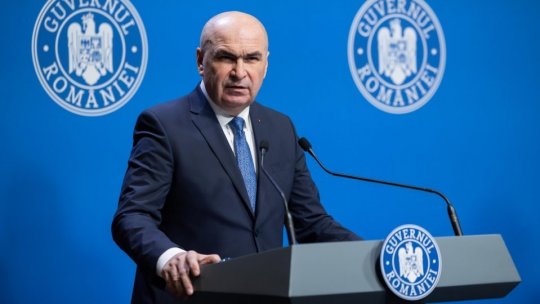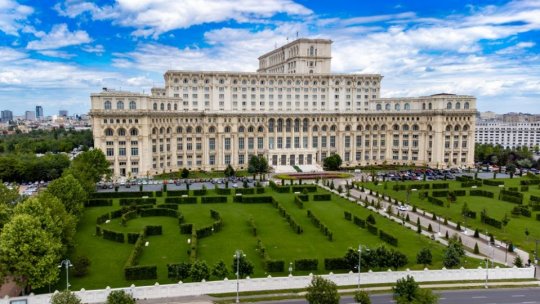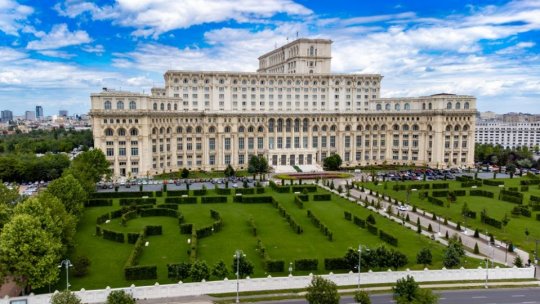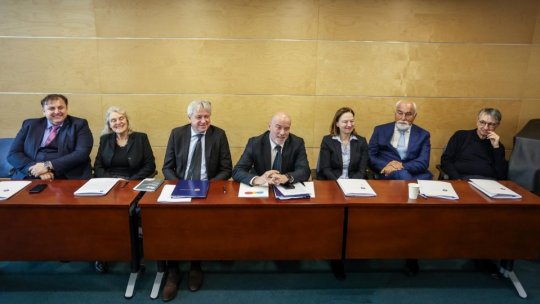EU Ministers for Environment: Informal Meeting in Bucharest
Event takes place under Romania’s EU Council Presidency.
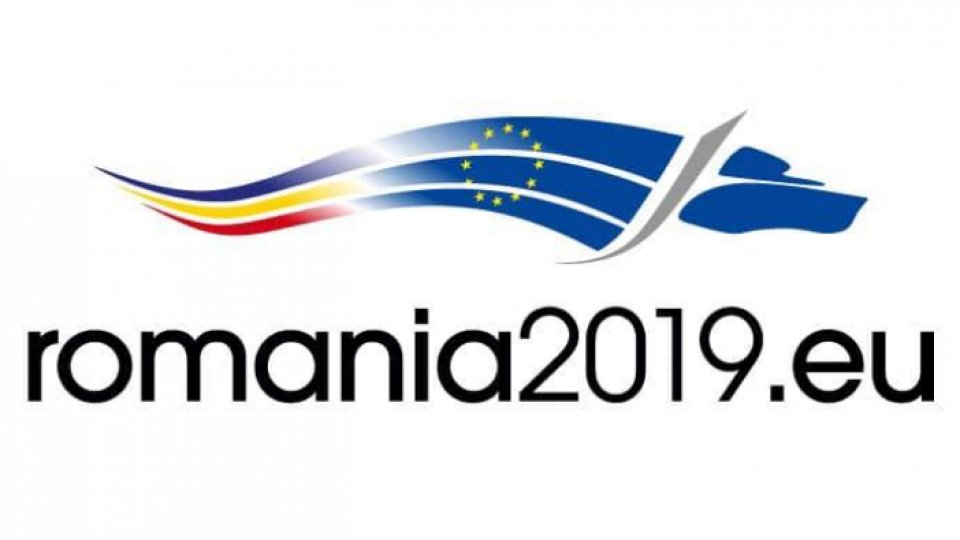
20 Mai 2019, 16:22
European Union Ministers for Environment are having an informal meeting at the Palace of Parliament in Bucharest, on 20-21 May. Event takes place under Romania’s EU Council Presidency and is to be hosted and co-chaired by Romanian Deputy Prime – Minister, Minister of Environment, Grațiela Leocadia Gavrilescu and Minister of Waters and Forests Ioan Deneș.
Informal meeting will enjoy participation of Ministers of Environment from EU Member States, EFTA states and candidate states for accession to the EU, European Commissioner for Climate Action and Energy, Miguel Arias Cañete, European Commissioner for Environment, Maritime Affairs and Fisheries, Karmenu Vella, representatives of the General Secretariat of the Council, Executive Director of European Environment Agency and General Secretary of European Environmental Bureau.
On Monday, May 20, 2019, the first working session of the Informal Meeting of Ministers of Environment will include debates on Climate change – Innovative solutions and the role of citizens towards a low carbon future: how to reap better the opportunities related to lifestyle, circularity, spatial planning. The second working session will include debates on Intergovernmental Science-Policy Platform on Biodiversity and Ecosystem Services (IPBES) results on Global Assessment of Biodiversity and Ecosystem Services: Implications for the EU and Global Biodiversity Framework Post 2020.
On Tuesday, May 21, 2019, the third informal meeting of Ministers of Environment will include a debate on Water management – control of water pollution with plastic / microplastic from rivers to seas.
Agenda of the Informal Meeting of Ministers of Environment:
Climate change – Innovative solutions and the role of citizens towards a low carbon future: how to reap better the opportunities related to lifestyle, circularity, spatial planning
Debates are focused on innovative solutions and the role of citizens towards a low carbon future: how to reap better the opportunities related to lifestyle, circularity, spatial planning. Action by citizens needs to be recognized and empowered in a climate neutral economy. Making use of all available options, including demand-side solutions, can diversify decarbonisation pathways. Strong participation and ownership are required from European citizens for the long-term decarbonisation. This can benefit from better informing citizens about the impacts of their choices leading to more climate conscious behaviour and an increased sense of individual responsibility. Consumer choices, for instance related to mobility, housing and food consumption, that reduce energy consumption or the use of certain carbon intensive products and services can contribute directly to reducing greenhouse gas emissions. A climate neutral society will benefit from increased circularity. These changes will have to go beyond recycling activities themselves and have a genuine system approach.
IPBES results on Global Assessment of Biodiversity and Ecosystem Services: Implications for the EU and Global Biodiversity Framework Post 2020
Debates will begin with results of the IPBES global assessment on biodiversity and ecosystems services: implications for the EU and the global biodiversity framework post-2020, followed by the main messages of the Summary for policymakers (SPM) of the Global Assessment of Biodiversity and Ecosystem Services which include: status and trends, drivers and policy implications.
SPM proposes aspirations and governance approaches for sustainability and possible actions and pathways for achieving them.
Above topics will be followed by the link between IPBES reports and global biodiversity framework post-2020. Next work programme of the platform and strategic framework up to 2030 of the Intergovernmental Science-Policy Platform on Biodiversity and Ecosystem Services (IPBES) aims to advance the achievement of the overall objective of IPBES, which is to strengthen the science-policy interface for biodiversity and ecosystem services for the conservation and sustainable use of biodiversity, long-term human well-being and sustainable development.
Water management – control of water pollution with plastic / microplastic from rivers to seas
Effects of plastic and microplastics on aquatic ecosystems are generated by potential persistence, deterioration, accumulation and toxicity of these materials. Plastic and microplastics have been identified in various areas: in water, on the seabed, in deep-sea and in biote. Regarding surface waters, there are several studies conducted on large rivers and lakes. Fate of these products is being analysed, especially in marine ecosystems, as a result of the negative impact that these substances have on biota. Laboratory experiments have demonstrated the ingestion and bioaccumulation of these residues by marine vertebrates and invertebrate (fish, mammals) as well as freshwater organisms. In order to tackle problems related to the production, marketing, use and recycling of plastics, it is necessary to reestablish and improve the functioning of this network, which implies better cooperation among all factors involved: manufacturers, recyclers, traders, consumers and decision-makers.
Source:Romania2019.eu


